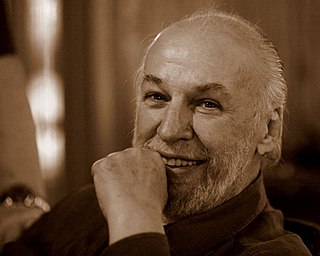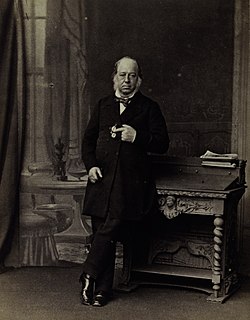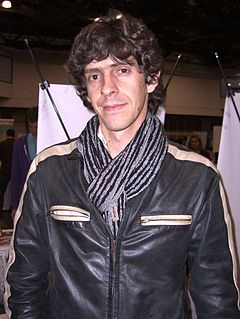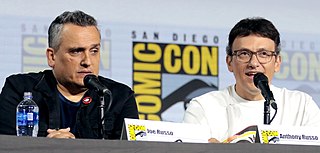A Quote by Jackie Collins
If you wrote a page a day, at the end of the year you would have a book. Whether it's any good or not is beside the point, but you would have a book, instead of just talking about it all the time.
Related Quotes
Upon looking back from the end of the last chapter and surveying the texture of what has been wrote, it is necessary, that upon this page and the five following, a good quantity of heterogeneous matter be inserted, to keep up that just balance betwixt wisdom and folly, without which a book would not hold together a single year.
The challenge is always to find the good place to end the book. The rule I follow with myself is that every book should end where the next book would logically begin. I know that some readers wish that literally all of the threads would be neatly tied off and snipped, but life just doesn't work that way.
I noticed when I was writing the book that I would tend to mention 'outside' songs right through to about the middle of the 70's. And then all of a sudden that starts disappearing from the book, and just about everything I'm talking about from that point on are the records that I'm totally involved in.
At times I believed that the last page of my book and the last page of my life were one and the same, that when my book ended I'd end, a great wind would sweep through my rooms carrying the pages away, and when the air cleared of all those fluttering white sheets the room would be silent, the chair where I sat empty.
"The Diagnosis" is by far my most ambitious book. I such great hopes for it... there was so much I wanted to do with the book. I was extremely insecure about it for several years. Just didn't know whether I would finish the book much less for it to come close to what I intended. I think that for any novel you never know exactly how the book is going to turn out...
If you want to write about a person who isn't nice, people say, "This is a bad book. It's about somebody I couldn't stand." But that's not the point. You don't have to like a character to like a book. Most of the time, people would misjudge and say, "I didn't like the book." No, you didn't like the character. That doesn't make it any less interesting of a book. In fact, to me, it makes it more interesting.
No one really knows the value of book tours. Whether or not they're good ideas, or if they improve book sales. I happen to think the author is the last person you'd want to talk to about a book. They hate it by that point; they've already moved on to a new lover. Besides, the author never knows what the book is about anyway.
If I were reading a book and happened to strike a wonderful passage I would close the book then and there and go for a walk. I hated the thought of coming to the end of a good book. I would tease it along, delay the inevitable as long as possible, But always, when I hit a great passage, I would stop reading immediately. Out I would go, rain, hail, snow or ice, and chew the cud.
Well, we think that time "passes," flows past us, but what if it is we who move forward, from past to future, always discovering the new? It would be a little like reading a book, you see. The book is all there, all at once, between its covers. But if you want to read the story and understand it, you must begin with the first page, and go forward, always in order. So the universe would be a very great book, and we would be very small readers.







































